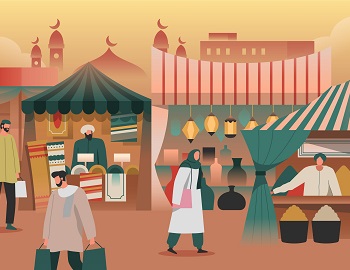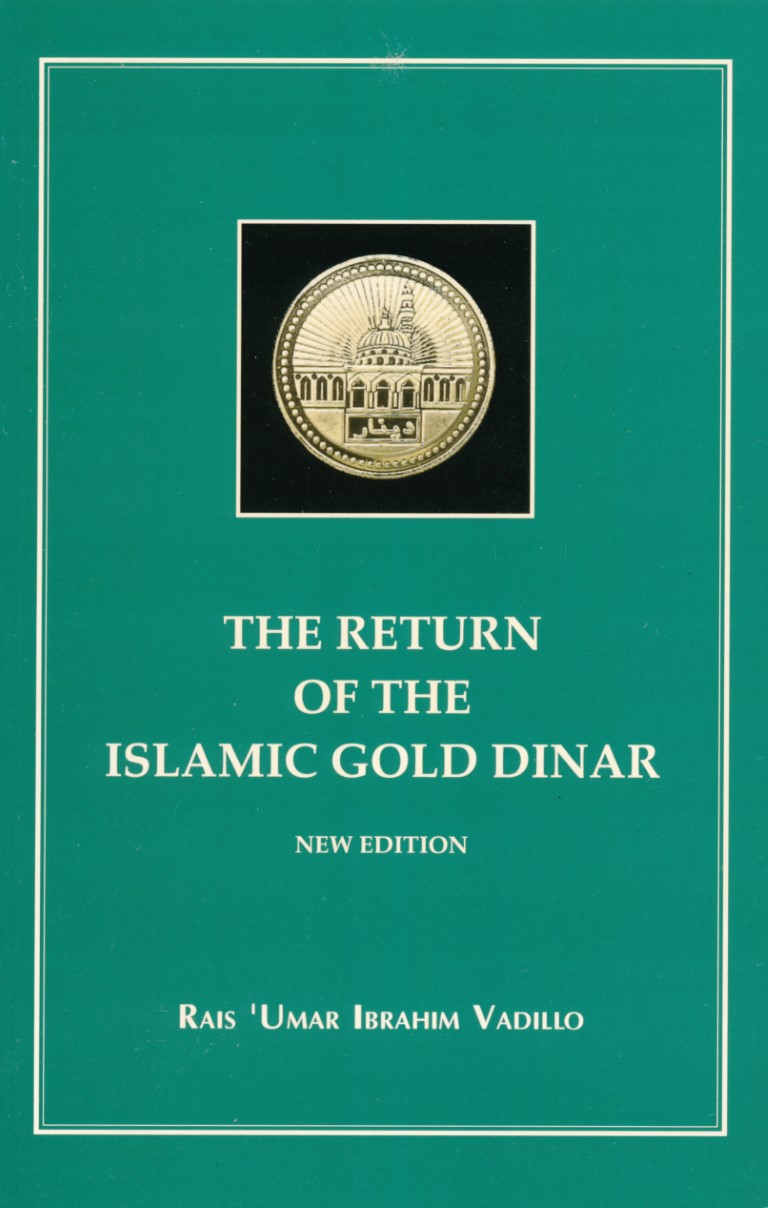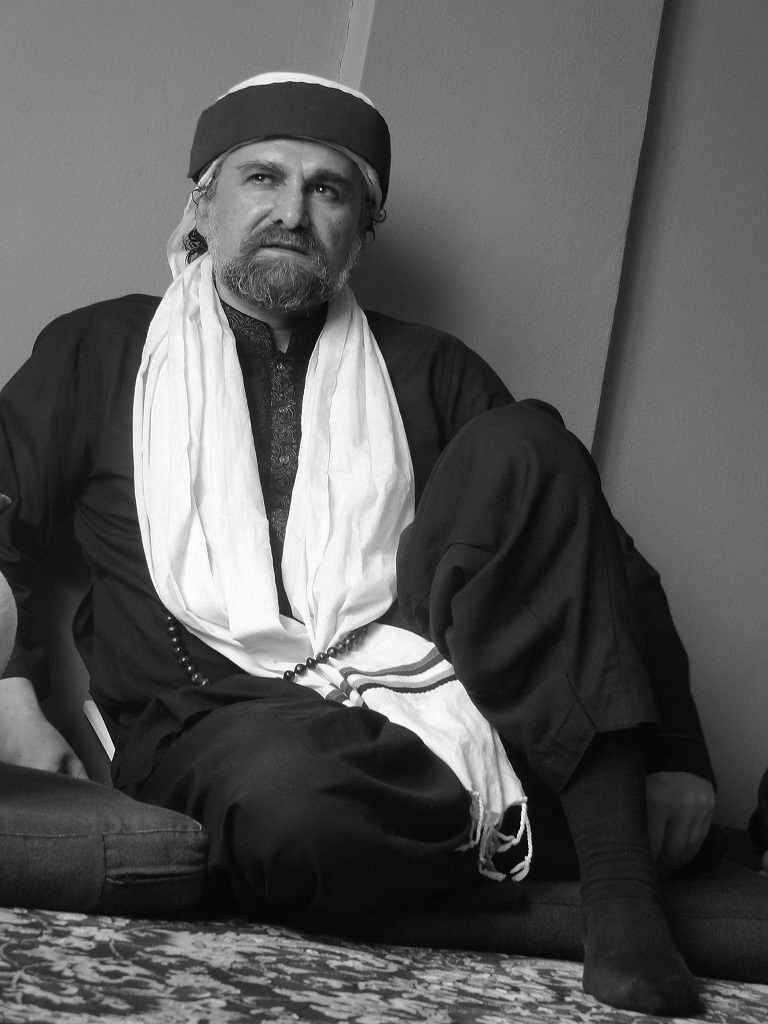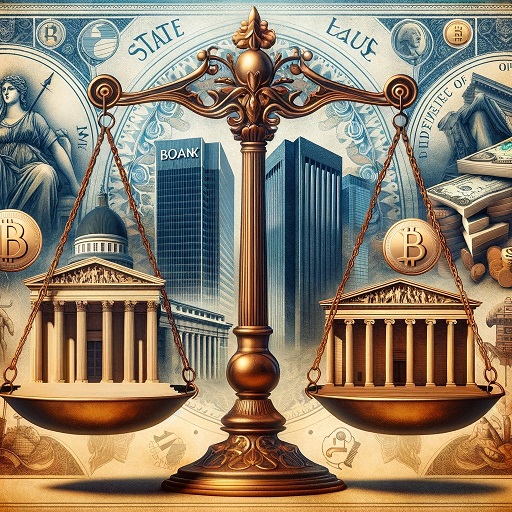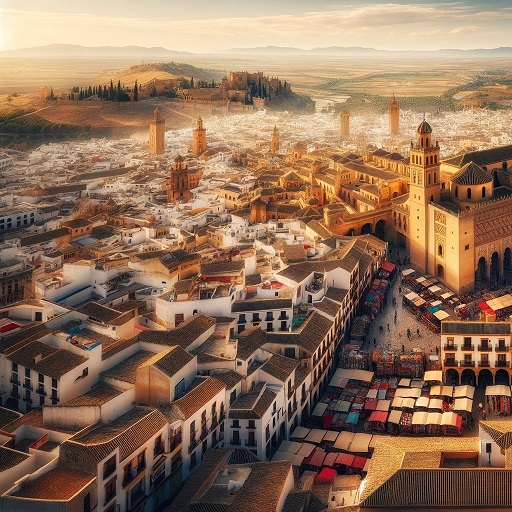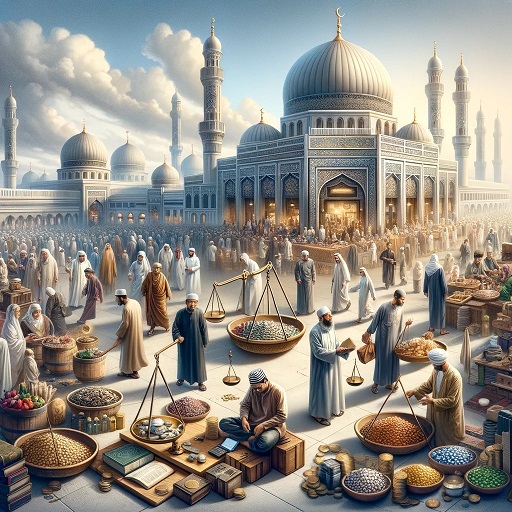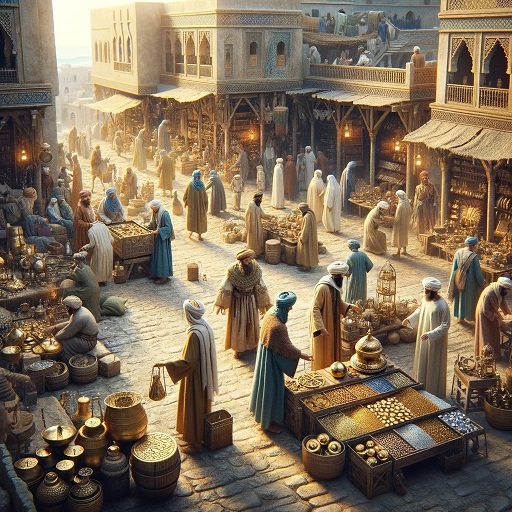
Muamalat is the Islamic framework governing economic and social transactions, deeply rooted in the Sharia, the divine law of Islam. It encompasses all aspects of human dealings and contracts, including trade, finance, leasing, and more, with the primary aim of ensuring that these interactions are conducted in a manner that is just, transparent, and ethical.
Muamalat, as the way of Medina Al-Munawara, refers to emulating the economic practices and social conduct of the early Muslim community in Medina under the leadership of Prophet Muhammad, peace and blessings be upon him.
Medina, during the Prophet's time (peace and blessings be upon him), was not just a city but a significant turning point for Islamic civilization, especially in terms of establishing an Islamic way of life, including economic dealings, societal norms, and governance based on the principles of Sharia.
In this context, Muamalat involves the following key aspects:
Community-Based Economy: The economic practices in Medina were community-oriented, focusing on mutual assistance, equitable distribution of resources, and ensuring that the needs of all members were met. The economic system was built on cooperation, charity (such as Zakat and Sadaqah), and fairness in trade.
Ethical Trade and Commerce: Trade and commerce were conducted with honesty, transparency, and a sense of responsibility towards all parties. The Prophet, peace and blessings be upon him, emphasized fair dealing, just measurement, and avoidance of fraudulent practices. He encouraged trade and entrepreneurship but within the ethical boundaries set by Islam.
Prohibition of Riba: The economic system in Medina strictly prohibited riba, or usury, in all financial transactions. This prohibition ensured that wealth circulation was not restricted to the wealthy but was available to all levels of society, promoting social justice and economic balance.
Asset-Backed Currency: The currency used was based on tangible assets, particularly gold and silver (dinar and dirham). This created a stable and just medium of exchange that was free from the manipulation and inflationary tendencies of fiat money.
Social Welfare and Zakat: One of the pillars of the economic system was the institution of Zakat, a form of almsgiving treated in Islam as a religious obligation or tax. It was used to redistribute wealth, assist the needy, and take care of communal responsibilities.
Contracts and Mutual Consent: All business contracts and agreements were made with mutual consent, and parties were obliged to fulfill their commitments. The principles of contract in Muamalat ensured clarity, fairness, and avoidance of dispute.
Muamalat as the way of Medina invokes a return to these foundational principles, advocating for a revival of these practices in contemporary economic systems. By emulating the economic model of Medina, modern economies can achieve greater justice, stability, and prosperity, aligning with the ethical and moral teachings of Islam.
These practices, grounded in the principles of Muamalat, ensure that the economy serves the real needs of people and operates within the ethical and moral boundaries set by Islam.
Muamalat is a reminder that all economic activities should be underpinned by moral and ethical considerations, reflecting the belief that Allah is at the center of all human endeavors. By adhering to the principles of Muamalat, we can create a more equitable and sustainable economic system that benefits all of humanity.

